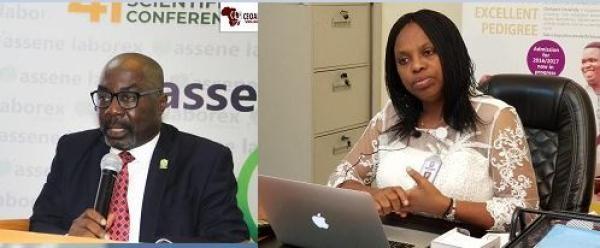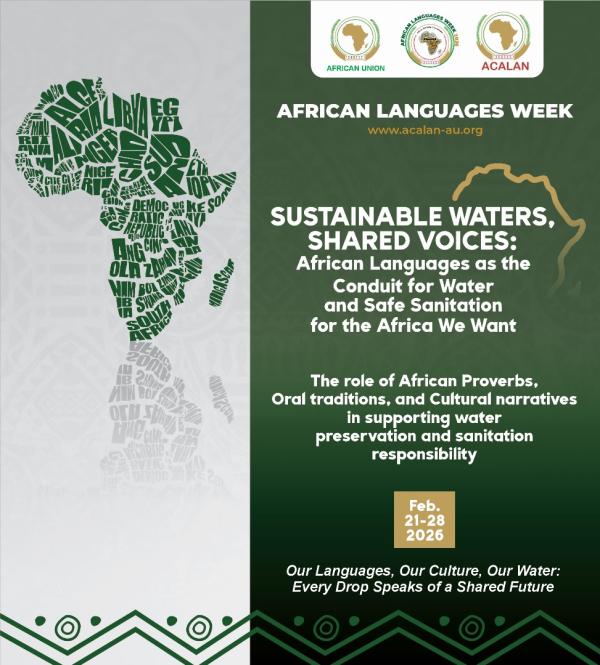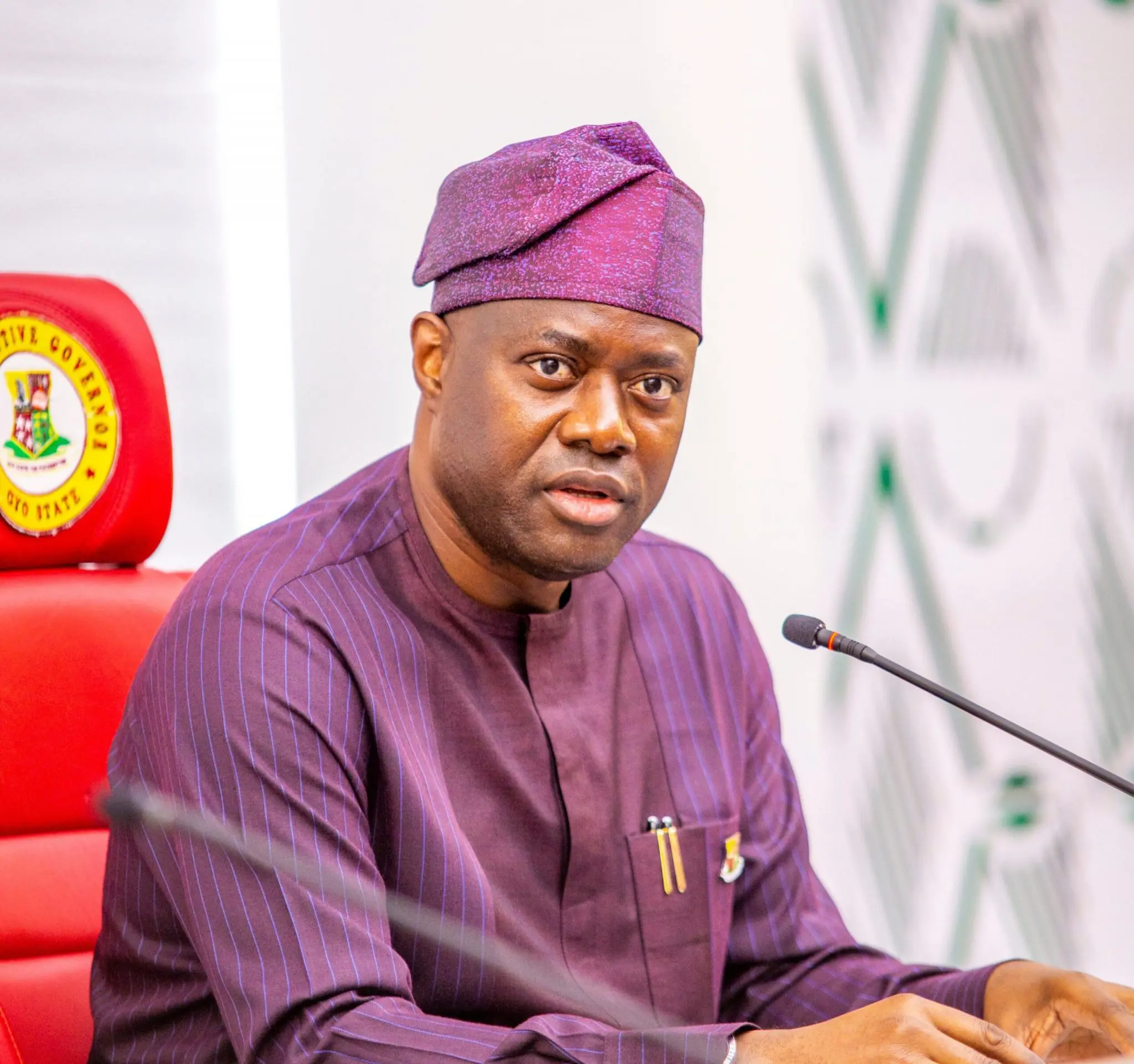
A healthy society, they say, is a wealthy society. Bearing this in mind, the Pharmaceutical Society of Nigeria (PSN) has never relented in its effort to ensure a healthier Nigeria. Since its formation in 1927 and full incorporation in 1956, her vision of ensuring high standard of pharmaceutical education and practice in the country has never waned.
The body works with other relevant health stakeholders to promote healthier lifestyle for the country. Through this collaborative efforts, Nigeria’s life expectancy has moved from 32.62 years in 1950 to 55.44 in 2022. In addition, the life expectancy has been on a positive light since 1994, moving from 45.87 in 1993, thereby recording almost 10 years’ increase within the last 29 years.
Pharmacists in Nigeria have been engaged in various activities within the last two months, just as they have always done. Between July 26 and 29, the Association of Community Pharmacists of Nigeria (ACPN) had a national conference, which bordered on implementing lessons learnt from a previous difficult situation. It is obvious that sometimes uncertainties occur, but the most important thing is to never be defined by the error. The title of that conference was, “Never Waste a Crisis: Community Pharmacists Learning for Future Preparedness”. It was a gathering of “who is who” in the profession.
Shortly after, the Nigerian Association of Pharmacists in the Academia (NAPA) followed suit. Of course, in the academia you won’t expect anything less than gathering of professors and researchers who engage in thoughtful discussions on “the way forward”. The theme was, “Pharmacy Education, Research and Practice: Revisiting the Basics”. The conference was hosted by the great Obafemi Awolowo University, Ile-Ife, one of the pioneer schools of pharmacy in the country.
The Pharmaceutical Society of Nigeria (PSN), as well as technical arm of the association in the country, attended the international congress of the International Pharmaceutical Federation (FIP), held in Seville, Spain. In addition, the nation’s pharmaceutical delegates, headed by the president of the PSN, made their presence at the global congress felt.
On 22nd September, the Clinical Pharmacists Association of Nigeria (CPAN), held a virtual public lecture in commemoration of the World Pharmacists’ Day. The event was used to contextualize the theme for this year’s pharmacists’ day. This year’s theme, globally, is, “Pharmacy United in Action for a Healthier World”. The CPAN contextualized it as, “Pharmacists United in Action for a Healthier World: Nigeria Clinical Pharmacy Specialty Groups in Focus”.
In her keynote speech, the Vice Chancellor, Chrisland University, Prof. Chinedum Peace Babalola, explained that the profession has suffered some setback in the past and has to move forward. Accordimg to the former Dean Faculty of Pharmaceutical Sciences, University of Ibadan, “I felt so bad when the government was setting up a Committee on Fighting Malaria, at a point, and there was no pharmacist in the committee”. She further highlighted that the siting of the Faculty of Pharmacy at the Afe Babalola University, Ado-Ekiti, was also a concern to her when she was there on a research assignment.
The African Union Nobel Laureate, who spoke on the theme of the lecture, stressed the need for pharmacists to be united and shun the desire for strife and unhealthy rivalry, while calling for more collaboration among the health service officials. She further raised concern over the neglect of rural communities across the country by some pharmacists, stating that they also need quality healthcare.
In his opening remark, PSN president, Prof. Cyril Usifo, lamented the frustration of the pharmacy profession by the Federal Ministry of Health. In his message, the former Dean, Faculty of Pharmacy, University of Benin, stated that the works of pharmacists include sensitizing the public on the need for proper healthcare, how pharmacists can help improve health, public health; others include seminars, workshops, rallies, symposia, radio and television talks. These, according to the award-wining scholar are also celebrated within the pharmacy week.
Prof. Usifo also explained that the issuance of generic licence to pharmacists in Nigeria is being reconsidered, as an effort to promote the effectiveness of the sector. He noted that just like the West African Postgraduate College of Pharmacists, Nigerian Postgraduate College of Pharmacists is expected to be established soon, as contained in a bill being proposed in the National Assembly. This he explained will further promote specialisation and efficiency in the profession.
The first Nigeria-trained female pharmacist to bag a Doctorate, Prof. Mbang Femi-Oyewo, who chaired the event noted that there are about 15 or more specialty areas, even within the Clinical Pharmacy, that is open for practitioners to explore. The woman of many first stated that the era of confining a pharmacist in a drug dispensary box is far gone.
Prof. Azuka Opara, Prof. Chimezie Anyakora and Dr Mutiyat Olu-Lawal stressed the need for more collaboration and spcialisation. Other diginitaries at the event include Registrar, Pharmacy Council of Nigeria, Pharm. Ibrahim Babashehu, Chairman, Faculty of Clinical Pharmacy in the West African Postgraduae College of Pharmacy, Prof. (Barr.) N.N. Wannag (who also unveiled the new logo), President, Nigerian Pharmacist and Pharmaceutical Scientist Association, Dr Teresa Isichei-Pounds and many more. High point of the event was the unveiling of the new logo of the CPAN, which captures the colours, as well as the core objectives and principles of the CPANand Pharmacy in general.
One thing that has been evident in the Nigerian pharmaceutical industry is the unity with which the professionals operate. Despite having several professional, technical and specialty group, they men and women of the “drugs” have always been united and work together, under the umbrella of the PSN. Indeed, the PSN is an efficient vehicle for driving pharmacy in the country.
Historically, the Pharmaceutical Society of Nigeria (PSN) as a professional body uniting practicing pharmacists in Nigeria was established in 1927, about 95 years ago. The first president of the association was Late Mr T.K.E Phillips, who was inaugurated as the president in the year 1947. In 1956, the association was formally incorporated under its Articles of Association and was recognized as a professional society in Nigeria by the Federal government.
For almost a century, the organization has been actively involved in training and retraining of professionals, as well as disciplining erring members, who flout the ethics of the profession. Next month, the PSN will be holding her 95th Annual National Conference tagged, “Medicine Security in an Unstable Economy”. Just as Prof. Wilson Erhu has noted that pharmacists are delicate in solving the problem of prescription errors ravaging Nigeria and Africa at large and Prof. Chimezie Anyakora stressed that drugs are sometimes preserved wrongly by dealers, this conference will further help to explore effective ways of ensuring proper drug preservation, supply and administration.
It is worthy to note that the country’s pharmacy sector has not only impacted the country but also the world at large. The PSN President, in his World Pharmacy Day speech, has noted that that in the last 5 years, almost 5,000 Pharmacists have emigrated to Canada and the UK, just like all other healthcare workers and indeed new generations of Nigerians. He further observed that out of the about 50,000 Pharmacists produced in Nigeria, less than 20,000 practice in the country, meaning that well over 50% of Nigerian Pharmacists practice abroad.
This indeed huge contribution to the global practice. Just as “charity begins at home”, pharmacists in Nigeria has done a lot in the areas of research, drug production and distribution, mentorship, drug administration, counselling, seminars, workshops, enlightenment programmes and lots more. Throughout the week, pharmacists across the federation have engaged in varieties of activities, aimed at improving healthy living among Nigerians. Pharmacists in nigeria are indeed united for a healthier Nigeria.





















